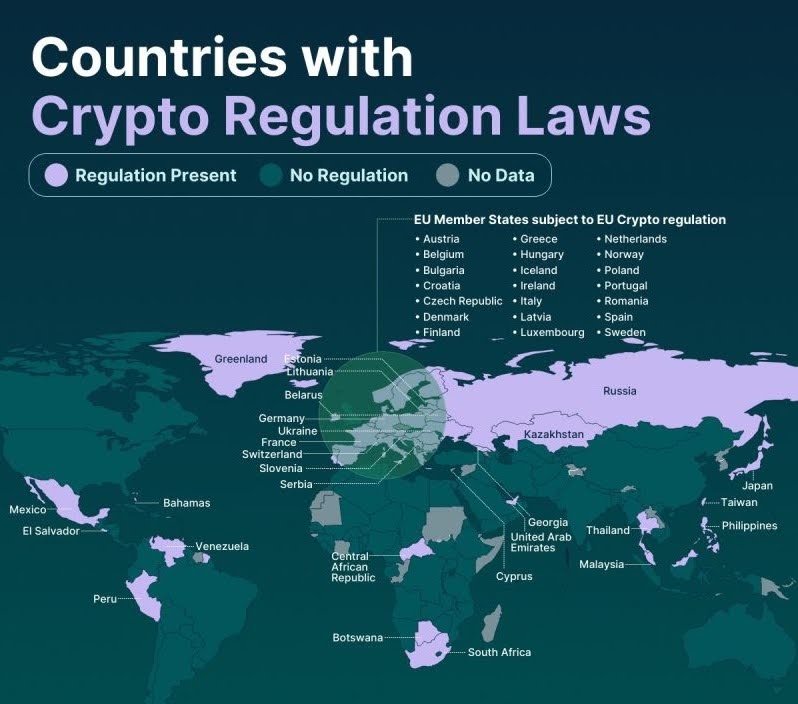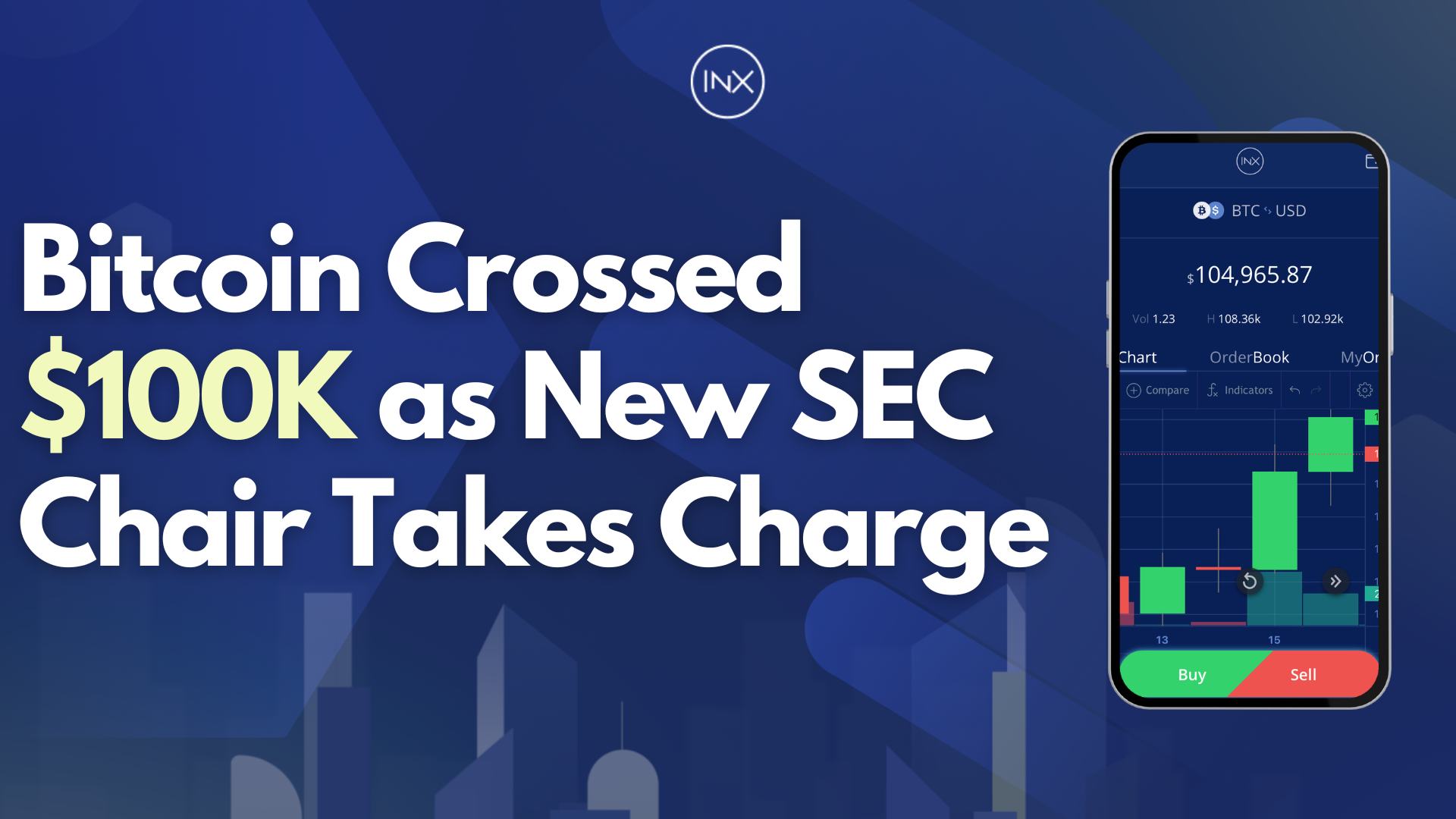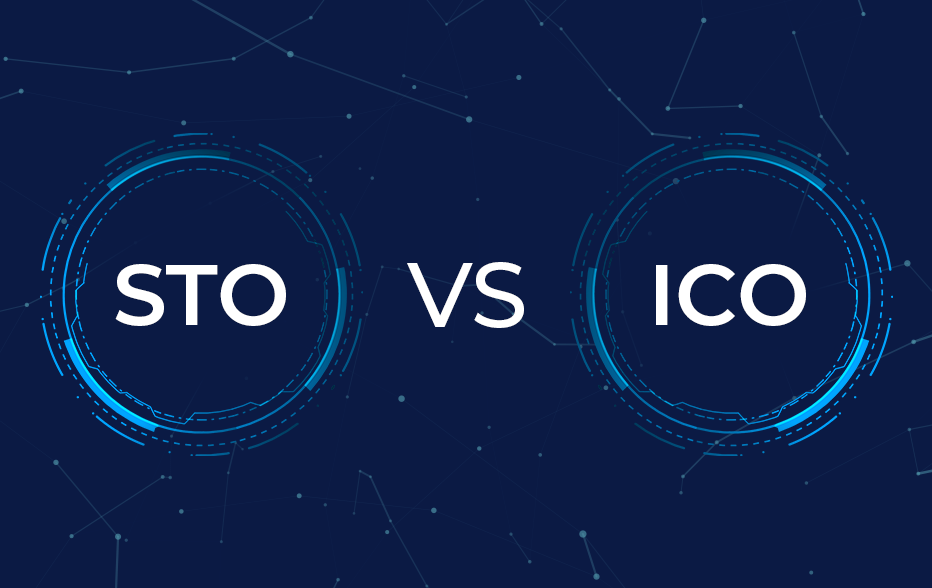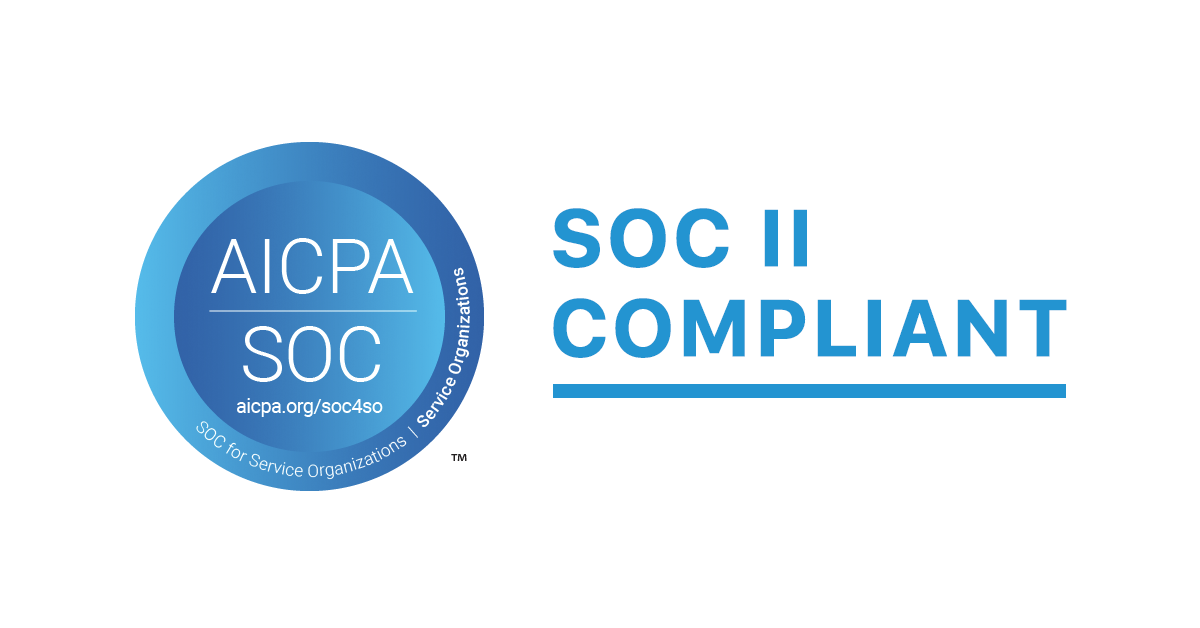Crypto Regulation: Protecting Investors In a Decentralized World

As digital assets gain significant traction, the conversation around regulation has become a more important topic. Investors and businesses find themselves caught between full decentralization and the calls for regulatory oversight of cryptocurrencies.
The explosive growth of the crypto market has been riddled with both remarkable successes and notorious pitfalls, demanding a vital look at the role compliance plays in shaping its future.
Cryptocurrency – Expectations vs Reality
The cryptocurrency market, once a niche area, has exploded into a financial giant, boasting a market capitalization surpassing trillions. Bitcoin’s meteoric rise, from an obscure concept to a global digital asset, mirrors the industry’s unparalleled growth. Ethereum and an array of altcoins have further fueled this financial revolution, captivating investors with decentralized autonomy and unprecedented market returns.
However, as the market grows, one key question remains prevalent: can cryptocurrencies maintain their decentralized nature under the scrutiny of regulatory frameworks? The delicate balance between innovation and oversight poses a challenge, one that requires the merging of the disruptive nature of digital currencies and the watchful eyes of regulators.
The volatile nature of cryptocurrencies lays the foundation for the integration of legal prudence. This will serve as the cornerstone for shaping the future of cryptocurrencies and their integration into the broader financial ecosystem.

The Case for Regulation
From high-profile ponzi schemes to fraudulent token offerings, the industry has witnessed a dark side of innovation that demands swift regulatory intervention. The need for robust measures to safeguard investors is not just a matter of financial prudence but an imperative step toward fortifying the integrity of the entire ecosystem.
Regulatory oversight is not the enemy; it is the guard of market stability and legitimacy. By enforcing rules that deter market manipulation, fraud, and insider trading, regulation acts as a stabilizing force, fostering a credible crypto market. Embracing compliance is a strategic move toward gaining mainstream acceptance. Institutions and wary investors, hesitant to navigate uncharted crypto waters, find reassurance in a regulated environment, paving the way for cryptocurrencies to transcend their niche and emerge as a respected player in the broader financial arena.
Global Strides Toward Crypto Regulation
The European Union signing the Markets in Crypto-Assets (MiCA) rule into law sent a clear signal on how governments globally were looking to regulate cryptocurrency. The MiCA regulation was implemented to bring clarity and oversight to the crypto industry.
Similarly, large financial institutions such as Blackrock and Bitwise continue to press with their goal of regulation through their respective Bitcoin ETF applications to the Securities Exchange Commission (SEC).
These efforts by governments and institutional players to bring regulation mark a shift in how these institutions view cryptocurrency and blockchain technology at large.

Challenges with Regulation
The core of decentralization revolts against the encroachment of central authorities that threaten the very essence of cryptocurrencies. The fear that regulation may inadvertently hand over the reins to the institutions crypto sought to escape becomes a real challenge. A mix of internal governance mechanisms can preserve the core tenets of decentralization while addressing the need for accountability and transparency, presenting a counterbalance to external regulatory pressures.
While the need for oversight is acknowledged, an overly restrictive framework risks stifling the very innovation that propels the crypto space forward. Striking a balance between fostering technological advancements and ensuring responsible governance becomes imperative. The crypto revolution thrives on its ethos of innovation, and a strategic approach to regulation is paramount to safeguarding the freedom that fuels its unparalleled growth.
The Regulatory Landscape
Specific instances illuminate the positive impact of regulation on the crypto market. Notable cases showcase how regulatory clarity has fostered investor confidence, attracting institutional players and injecting credibility into a volatile industry. From anti-money laundering (AML) compliance to tax regulations, these benchmarks have provided a much-needed framework, elevating the crypto market to a status of recognized financial legitimacy.
Beyond external oversight, the crypto community recognizes the importance of self-regulation and collaboration. Initiatives within the industry aim to establish standards that not only meet regulatory expectations but also showcase a commitment to ethical practices. By embracing these proactive measures, the crypto space can thrive within the regulatory framework and contribute to shaping a responsible and sustainable future for the entire ecosystem.
INX has gone a step further by becoming the world’s first fully US-regulated platform merging investing and trading in security tokens, cryptocurrencies, and capital raise services all in one place. This offers investors good faith in token offerings issued by INX, as they are issued with the highest security standards to safeguard investor funds under full regulatory oversight.
Conclusion
Encouraging a balanced perspective on digital assets regulation in the crypto space is not a compromise but a strategic move. It is the fine line between preserving decentralization and embracing the legitimacy that regulation brings. The crypto revolution’s ethos of innovation can coexist with responsible governance, fostering an environment where groundbreaking technology flourishes without compromising the integrity of the market.
In this dynamic industry, where change is the only constant, a proactive stance is essential. Continuous engagement between regulators, businesses, and the crypto community is key for forging a sustainable future. This will ensure that the promise of decentralization persists while the industry matures into a respected and integral part of the global financial ecosystem.
Crypto Regulation FAQs
Why is cryptocurrency regulation important?
Cryptocurrency regulation is crucial to protect investors, ensure market integrity, and prevent illicit activities such as fraud and money laundering. It provides a framework for sustainable growth and mainstream acceptance.
How does regulation impact the value of cryptocurrencies?
Regulation can impact cryptocurrency values in two ways: Positive regulations can enhance legitimacy, attracting more investors and increasing value, while negative regulations or uncertainties can lead to market volatility and decreased confidence, affecting prices adversely.
Are all countries regulating cryptocurrencies?
While regulatory approaches vary, many countries are actively developing or implementing cryptocurrency regulations. Some embrace the technology, fostering innovation, while others are cautious, emphasizing consumer protection and financial stability.
What are the key regulations governing cryptocurrency exchanges?
Key regulations for exchanges typically include registration requirements, customer identity verification, anti-money laundering (AML), and know your customer (KYC) compliance. These measures aim to create a secure and transparent trading environment.
How are token sales regulated?
Token sales are subject to varying degrees of regulation globally. Some countries treat them as securities offerings, imposing stringent rules, while others focus on disclosure requirements and investor protection.
How does regulation affect the adoption of blockchain technology?
Well-crafted regulations can foster blockchain adoption by providing a clear legal framework. However, overly restrictive regulations may stifle innovation, emphasizing the importance of a balanced approach.
What is the stance of major financial institutions on cryptocurrency regulation?
Major financial institutions are gradually embracing cryptocurrencies, with some investing in digital assets. Their stance on regulation varies, but many acknowledge the need for clear regulatory frameworks for broader market participation.
The INX Digital Company INC December 27, 2023
The INX Digital Company inc. is an expert in the field of finance, crypto and digital securities.






